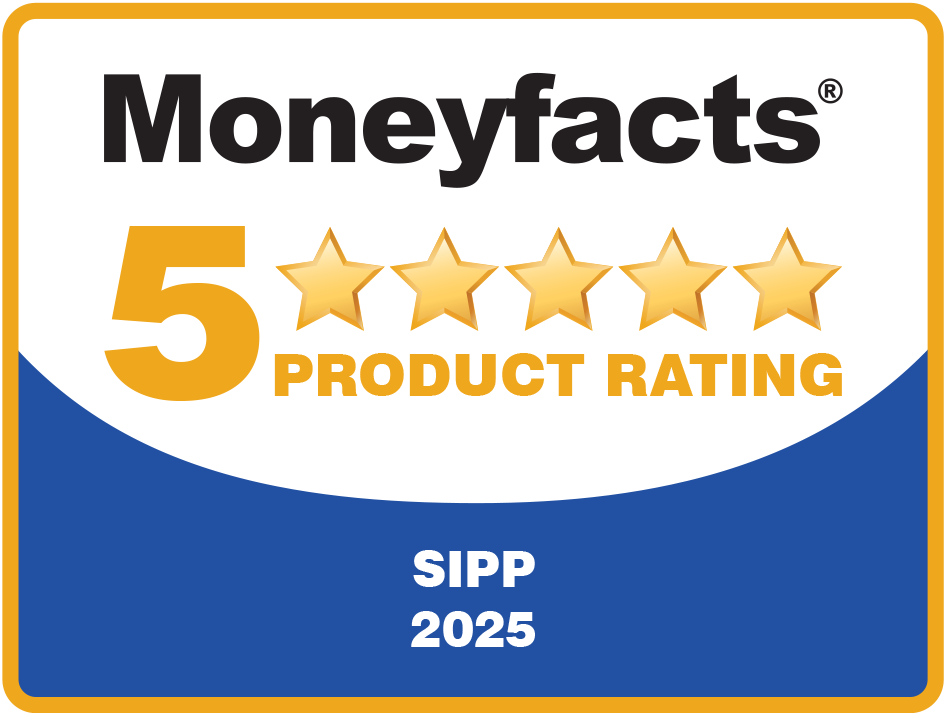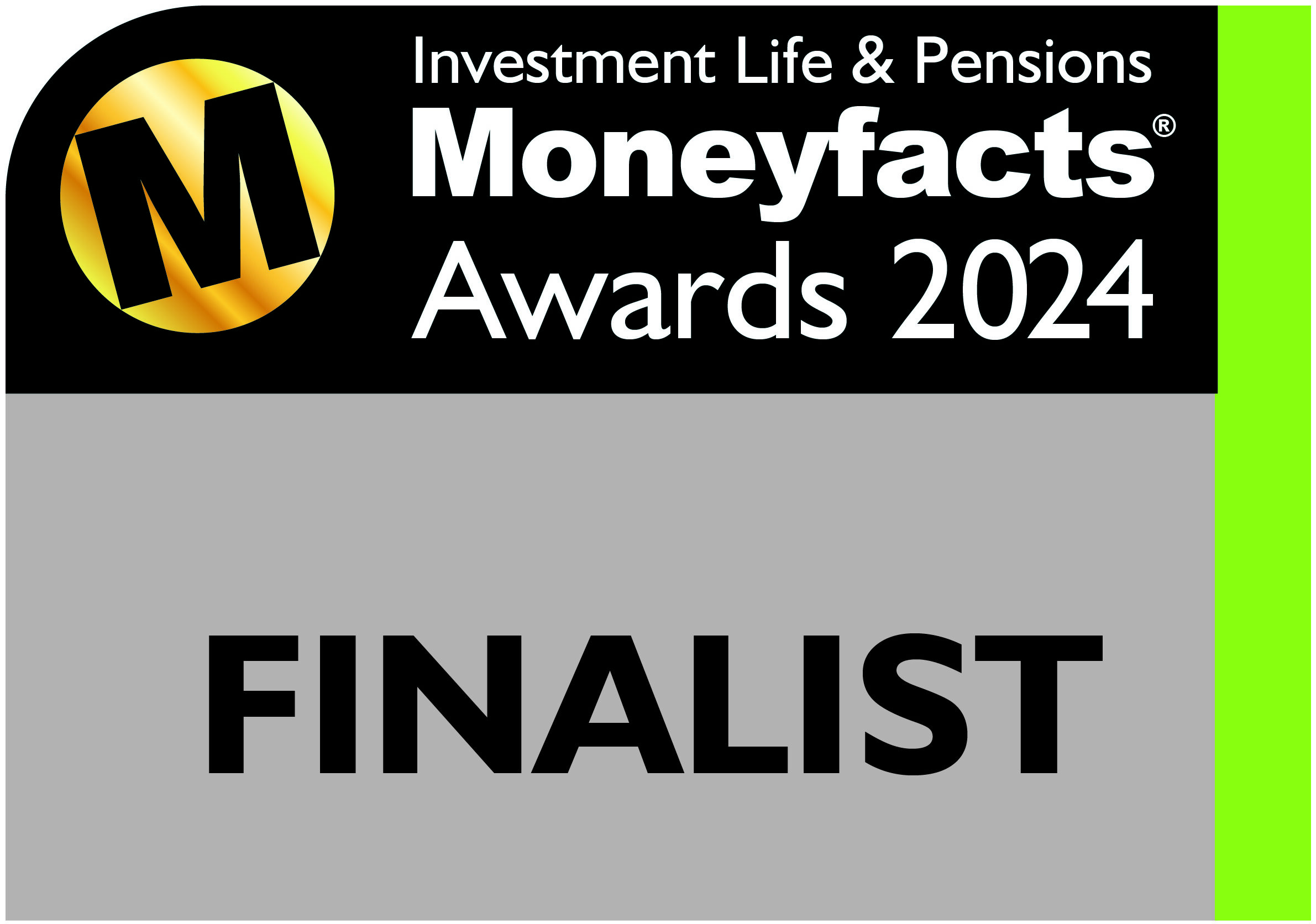8 things we can put in a SIPP (and one thing we can’t)
SIPPs offer clients a wide range of investment opportunities. Being a bespoke provider, there aren’t many investment types that we haven’t been asked to consider over the years!
We recently shared details of some of the investments that we have turned down. This time around we thought we would look at some of the investment types and structures that we have invested in on behalf of our clients.
1. Hedge Funds
Given the sophisticated nature of these types of investments, hedge funds are not something we are asked to invest in regularly. However, for the right type of client in the right circumstances, this is something that we can consider.
As dealing dates are less frequent than 30 days, hedge funds will typically be deemed a non-standard investment from the FCA’s perspective. As such, before an investment can be made any SIPP provider will need to carry out a full assessment of the fund in order to satisfy the FCA’s requirements.
At IPM we will go a step further than this and undertake an assessment of the client as well. We want to ensure that any client investing into a hedge fund has the necessary knowledge and experience to make the investment. This will usually mean that a client is classified as a ‘sophisticated investor’, which has ramifications in terms of the levels of protection offered to them by the FCA.
2. Hotels
Any investment into property made by a SIPP needs to be carried out on a genuine commercial basis. As we will see later, residential property is not an investment which is usually suitable for SIPPs. However, buildings such as hotels can sit either side of the residential/commercial line and so can cause some confusion.
HMRC’s pensions tax manual states that if a SIPP ‘owns the entirety of a hotel or is a joint owner of the entire hotel then this does not constitute residential property’. This is designed to ensure that SIPPs do not purchase individual rooms within a hotel, or parts of a timeshare which could be considered residential property.
This also offers the opportunity for SIPPs to make these kinds of investments while avoiding a tax charge, however, caution still needs to be exercised.
3. National Savings & Investments (NS&I)
In a time where clients are conscious as to where they hold their cash, we have seen an increase in demand for NS&I products.
While the investment options available to SIPPs has recently been limited by NS&I, the Income Bonds still provide an option for clients. The returns may not be as generous as that which is offered by third-party banks, but these accounts offer an option for more cautious investors or clients approaching income withdrawal, particularly as NS&I offers:
- Government backing up to £1m, as opposed to £85,000 under the Financial Services Compensation Scheme
- The ability to access the money when required as opposed to being subject to a notice period
4. Land Purchase
Last year we produced an article discussing the different types of land we have been asked to consider within the SIPP. Land purchase within a SIPP is still something we are often asked about.
IPM has several key criteria when purchasing land within one of our SIPPs:
- The land has access to a public highway, preferably directly, but we will also consider right of ways. This is to ensure that the land has the best chance of achieving market value should IPM be asked to or ever need to sell this.
- A lease needs to be in place to generate an income for the SIPP. As trustee, we want to ensure that any money spent by the SIPP is a good investment for the SIPP.
- The land is not part of the client’s primary residence. This is to avoid it being potentially classified as residential property and attracting a tax charge.
5. Third-Party Deposit Accounts
Following on from discussing NS&I above, we are also regularly asked to open deposit accounts with third-party banks.
It is not unusual for us to hold one or two other accounts in the SIPP along with the trustee bank account, where holding cash is part of a client’s investment strategy and the client is looking to keep the amounts with each bank below the FSCS compensation limit of £85,000.
Note that IPM’s trustee bank account with Metro Bank is always required when establishing a SIPP with IPM. It is the account through which monies in and out of the SIPP must pass, so we are able to reconcile all transactions within the SIPP.
However, IPM does not insist on a minimum amount being held in this account, nor do we charge for opening a third-party bank account.
6. Group or Family SIPPs
We are often asked whether we offer a group or family SIPP. While we do not market such an option, groups of clients coming together with a common interest and joining their pension monies is something we have worked with since IPM started in 1999.
Group investments tend to be commercial property purchase based. Groups are usually made of business directors acquiring their business premises within a SIPP or spouses combining pension monies to make a commercial property investment. Increasingly, we have also seen families setting up group arrangements to make a property investment.
While a client can be a member of a group arrangement, they will still have their own individual SIPP within which they are able to make investment decisions, contribute additional monies or take benefits independent to any other member of their group.
IPM’s charging structure lends itself well to group arrangements as, unlike many of our competitors, we do not levy any additional fees for administering a group.
7. SIPPs in non-GBP
Over time we have seen an increase in demand for SIPPs being held in currencies other than GBP. We wrote last year about how IPM has been helping advisers who have clients that live abroad.
It is not unusual for us to run all or part of a SIPP in a currency other than GBP. Popular currencies include Euros, US Dollars and Australian Dollars, however, we also have clients that hold Swedish Krona, Thai Baht and Hungarian Forint.
The key is to ensure that the investment partner your client chooses within the SIPP is able to accommodate investments in the currency required. Some platforms offer multi-currency portfolios so investments can be made in currencies other than GBP, while some clients decide they wish to hold currency in third-party bank accounts.
Regardless of which currency the SIPP is run in, IPM must always report the SIPP to HMRC in GBP. Additionally, all statutory reporting to the client is carried out in GBP.
8. Commercial Property – It’s not always industrial units and office blocks!
IPM’s starting point with property purchase is that we will consider any UK commercial property on a freehold or a long-term leasehold basis. As long as a property fits that broad definition, we will take a look at it for a client.
With that in mind, it’s fair to say that we have been asked to look at a large variety of properties over the years. Take a look here at some of the more unusual enquiries we have had.
While we are happy to consider all the investments above, there is one thing we cannot accept into a SIPP, no matter how many times we are asked…
9. Residential Property
Firstly, let’s start with the definition of residential property in HMRC’s pensions tax manual:
Residential property can be in the UK or elsewhere and is:
- A building or structure that is used or suitable for use as a dwelling
- Any related land that is wholly or partly the garden for the building or structure.
While the manual goes onto to say that certain types of property that could be within the definition of residential will not be treated as such, for example, care homes, hospitals or prisons (!), it does not give further clarification as to what is ‘suitable for use as a dwelling’. As such, it is down to each provider to determine where to draw the line with this definition.
For IPM this definition is simple; we will not invest in a property which has residential usage with the local authority or could be used for residential purposes. This rules out houses, flats, student accommodation, HMOs, Airbnb listings and holiday lets.
While other providers may take a more lenient view, we would argue that the consequences of getting this wrong justify our position. Tax charges from HMRC for residential properties in SIPPs start at 40% and go upwards, both on the initial investment value and on any income generated as a result.
So, while we are always happy to help you when a client asks whether they can invest in residential property via a SIPP, please do not expect us to change our stance!
Get in touch
If you have any SIPP-related queries, or if you have any clients for whom SIPP advice would be beneficial, please get in touch. Email info@ipm-pensions.co.uk or call 01438 747 151.



